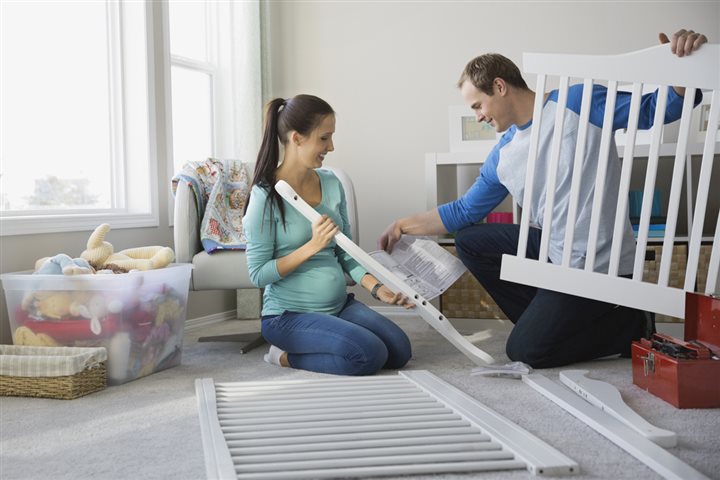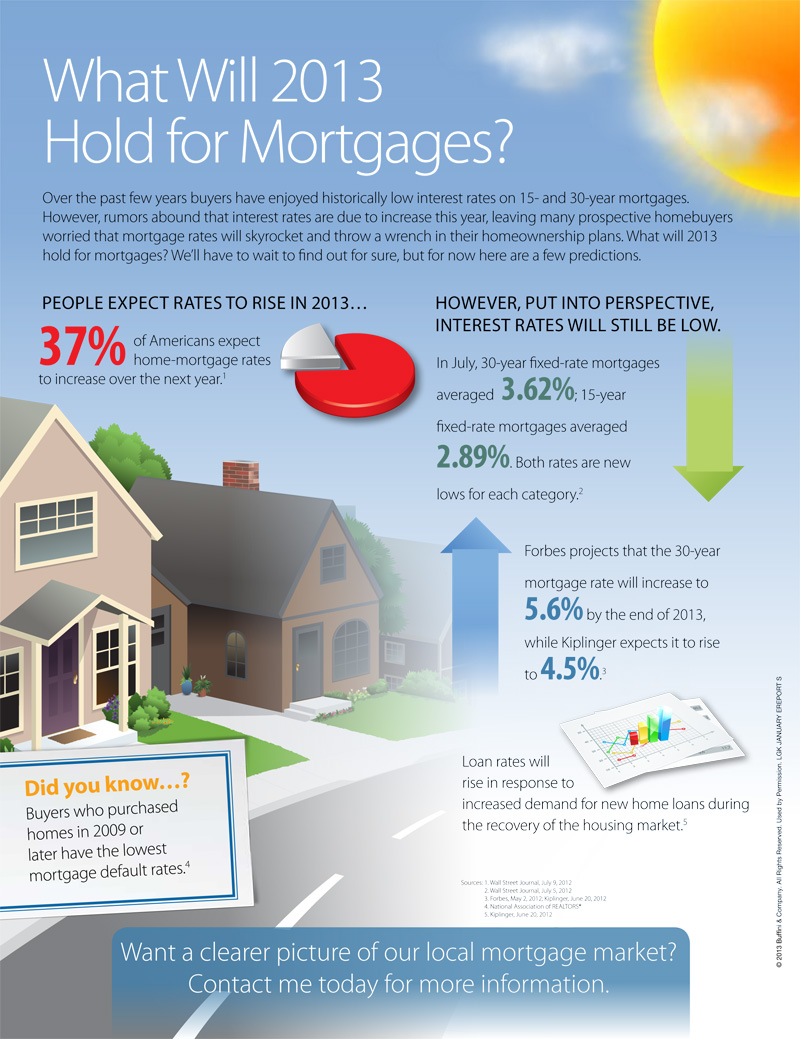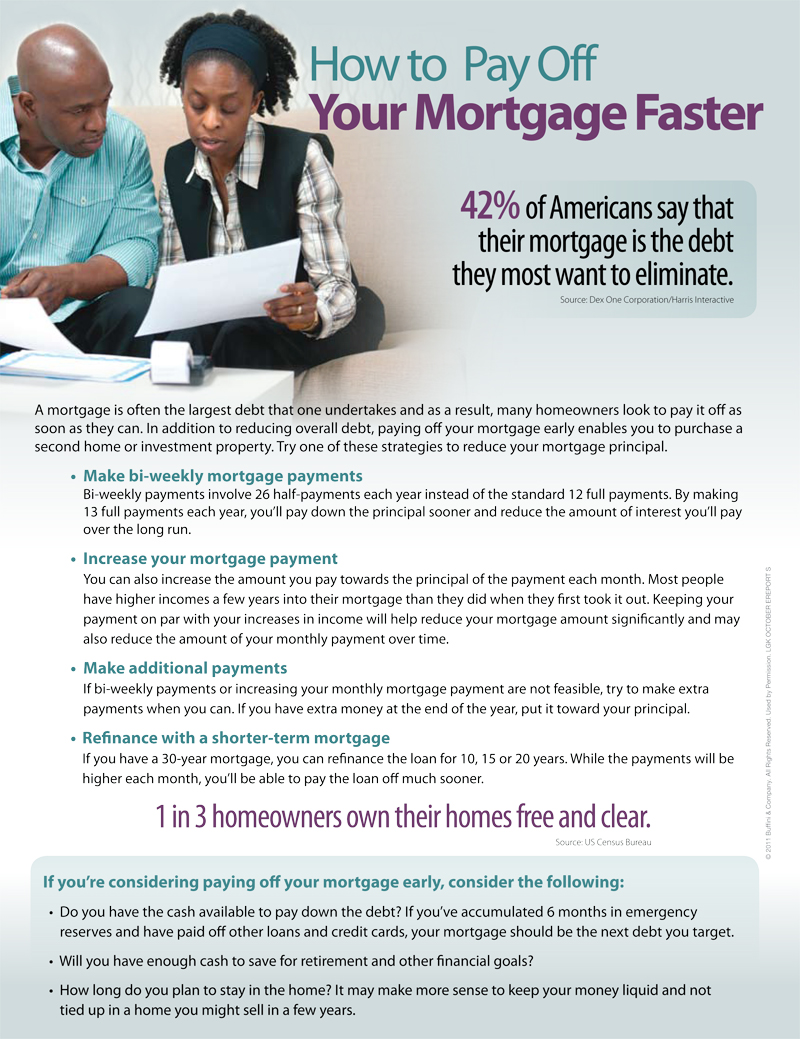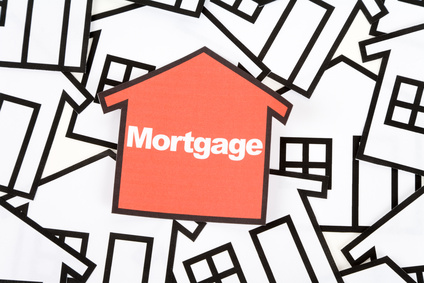Find the Right Loan to Realize Your Financial Goals
When it comes to borrowing money, many loans offer benefits beyond simple financing. With that in mind, it’s important to understand how one type of loan may be right for making home improvements, while another may be a  better match for financing a wedding. The key is to research the various types of loans, know what services they're designed to provide and then choose the one that best fits your financial needs.
better match for financing a wedding. The key is to research the various types of loans, know what services they're designed to provide and then choose the one that best fits your financial needs.
Credit card, personal and home equity loans are all great options to help finance purchases and achieve financial goals. Here's a rundown of how each type of loan works:
Credit card – Many people don’t realize that credit cards are actually loans, and users can make those loans as short-term or long-term as they need. Some credit cards provide low- or no-interest, short-term financing as long as the monthly statement is paid in full and on time. Users also have the option to turn their credit card balance into a longer-term loan, which may result in higher interest rates. Some credit cards may also charge an annual fee. Credit card loans can be used for common household expenses like groceries, gas or even to make automated payments for items like a magazine subscription. And if the user's credit limit is high enough, credit cards can be used to fund larger expenses like furniture or electronics.
Personal loan – Having a balance on more than one credit card can be a burden, especially if the rates are high. To help manage their budget, many consumers opt to use a personal loan to consolidate their higher-interest loans. Using a personal loan to pay down debt may save borrowers on interest payments if the rate on the personal loan is lower than on the credit card. Additionally, personal loans can give people more control over the size and timing of monthly payments.
Personal loans can be used to pay for major events or expenses, such as a wedding, a big trip or those unexpected life moments such as a child’s new braces or an emergency car repair. Additionally, approved borrowers can receive their money quickly.
There are also online resources, such as financial calculators, that can help borrowers visualize what their finances will look like when taking on a personal loan.
Home equity loan – Once a homeowner has earned equity in their home, she or he can use that as collateral to get a loan for large expenses. Many homeowners obtain a home equity loan to finance a very costly home repair or home renovation project. This allows them to use their equity to potentially help increase the home’s value, and may increase resale profits. Other uses for home equity loans include consolidating large debt or paying for major expenses like medical bills. Typically, home equity loans have a fixed interest rate, terms and monthly payments. Interest on a home equity loan may be 100 percent tax deductible. Borrowers should consult their tax advisor about any benefits a loan may bring.
Loans can help borrowers regain control of their finances but are not “one size fits all.” Different types of loans should be used for different types of expenses. The key is for borrowers to consider the type of expense they are looking to fund, the available loans and lender offerings, and determine which type of loan is most suitable for them. (BPT)
Information courtesy of Chester County PA Realtor Scott Darling.


 these stringent requirements will lessen anytime soon. This tight credit situation affects would-be
these stringent requirements will lessen anytime soon. This tight credit situation affects would-be 




